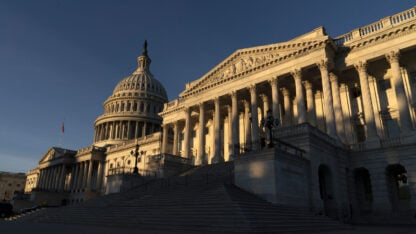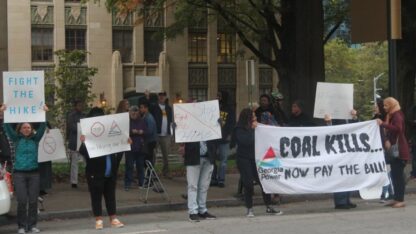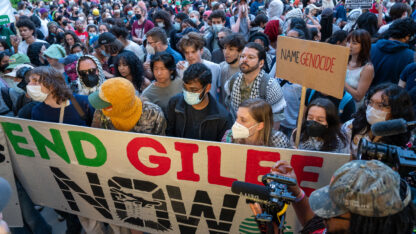Going Behind The Numbers In Atlanta’s Close Mayoral Runoff
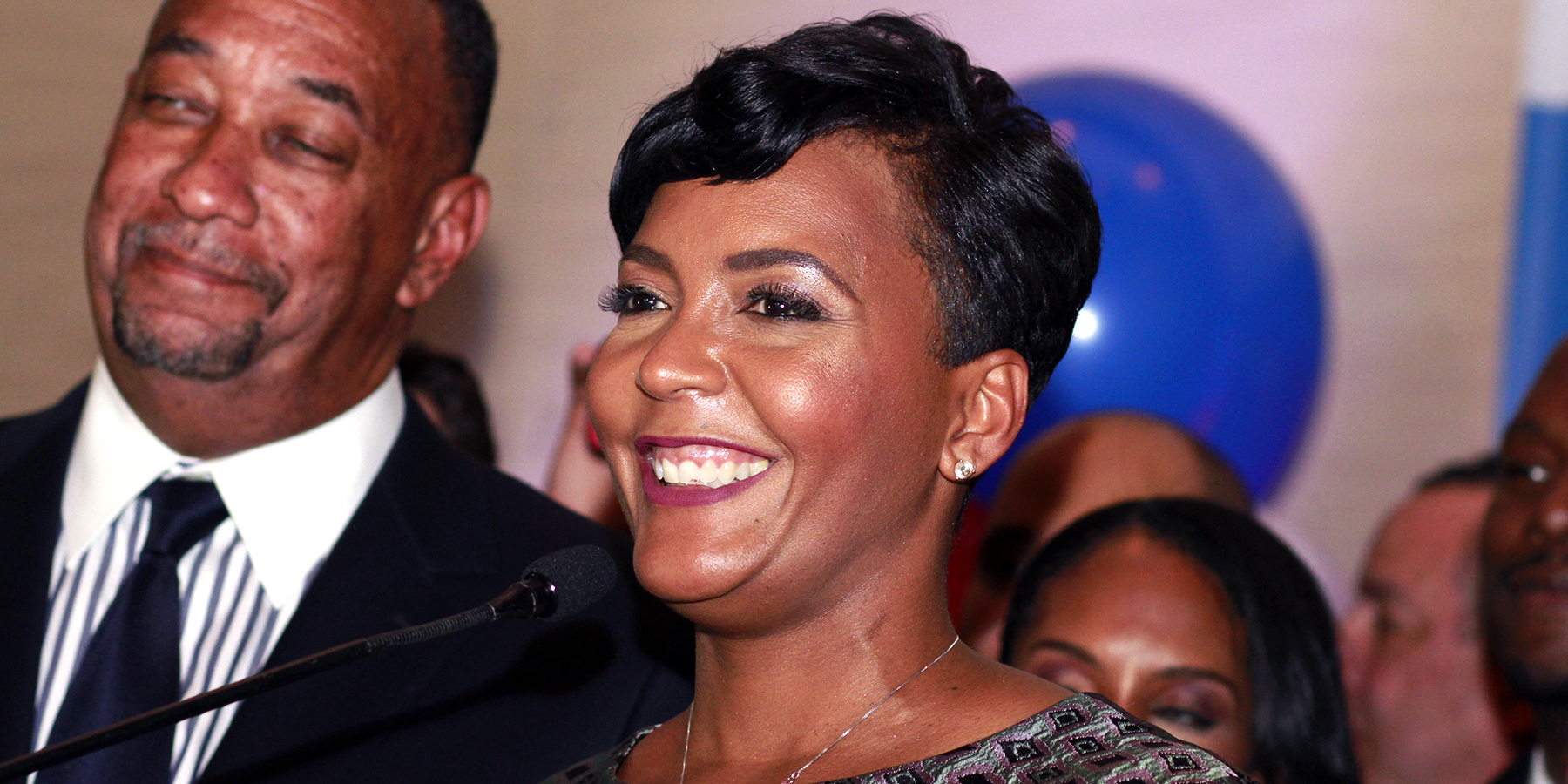
The morning after Tuesday’s Atlanta mayoral runoff, Keisha Lance Bottoms led by 759 votes. If the results stand after an expected recount, Bottoms would need to look for ways to unify the city.
KAITLIN KOLARIK / WABE
The morning after this week’s Atlanta mayoral runoff, 759 votes separated front-runner Keisha Lance Bottoms from fellow City Council member Mary Norwood.
Bottoms had already declared victory. Norwood had requested a recount.
Clark Atlanta University political science professor William Boone joined Denis O’Hayer on “Morning Edition” to discuss the results and what happens next.
On how the candidates split the vote, especially on Atlanta’s east side
The map from [this election] very closely resembles the map from [the 2009 mayor’s race] in terms of how the city split between black and white and north and south. I think that the areas that went with Bottoms are the more gentrified areas. But on the whole, Norwood did hold up and come through in some of those areas.
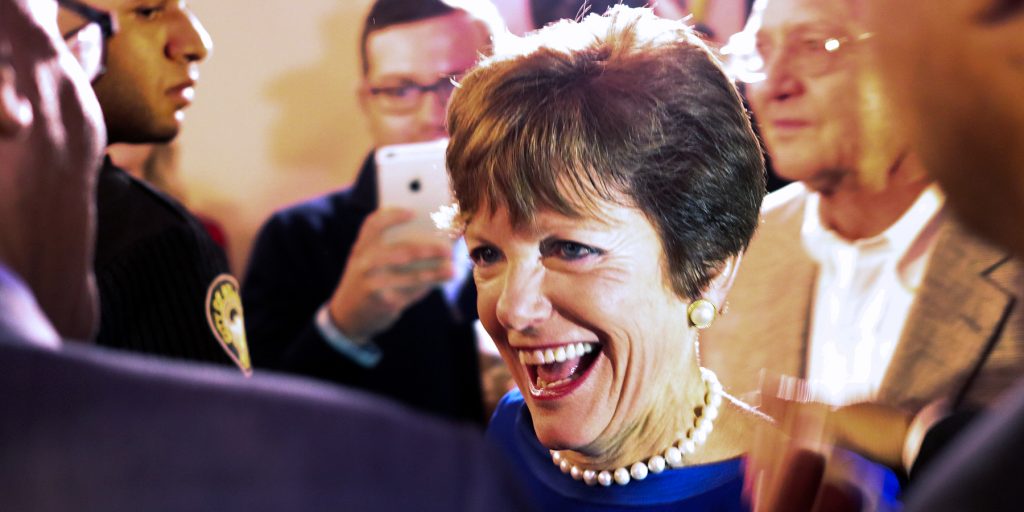
On low voter turnout in areas where Norwood won precincts
The whole numbers — the raw numbers — are low and that represents a low turnout and that turnout is always problematic when one looks at the runoff races. And that’s what happened here in those particular precincts. There was a dropoff in terms of interest.
On the effect of Mayor Kasim Reed’s support of Bottoms
I think sometimes we have to be very careful in trying to measure whether or not the Reed influence was there [for Bottoms]. That was pitted, as you know, against the Shirley Franklin influence [for Norwood]. But I would argue that we should look more closely at whether or not folks decided to vote for Bottoms in spite of Reed in terms of making certain an African-American continues in that post.
On whether efforts from both candidates to reach across racial lines were successful
Once we get deep into these numbers, we may see some of that in pockets. It’s always hard to differentiate why people vote, but certainly the way this race was posed by folks — in terms of continuing [to keep] a Democrat and the way that Norwood was portrayed by her opponent in terms of linking her with the national Republican Party and more specifically with [President Donald] Trump — that could have played a role.
On how Bottoms should unite the city, if the results hold and she’s declared mayor
One thing she’d do is reach across these lines and say: “Look, this is one city.” And to really truly mean that and try to put forth policies that move toward unifying the city. That would mean putting a bit more emphasis in terms of what we see with 25 percent poverty rate that has manifested itself in the city. She needs to also begin to be a bit more conciliatory toward those folks who did not vote for her, especially those folks who supported Norwood. If not, it’s going to be a very long four years.

